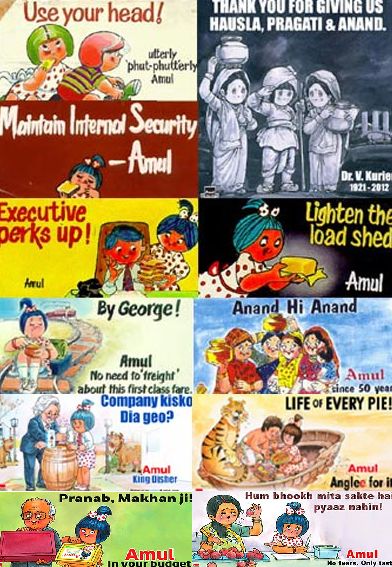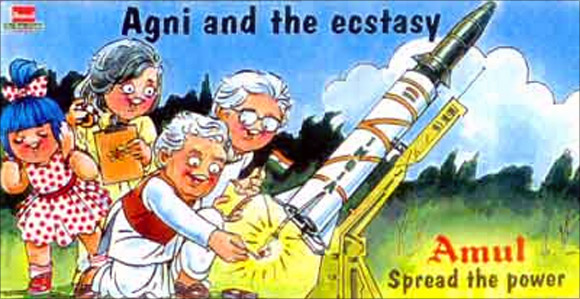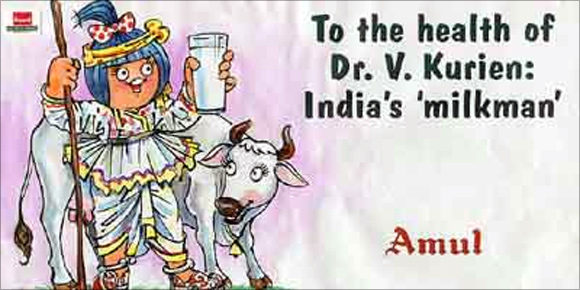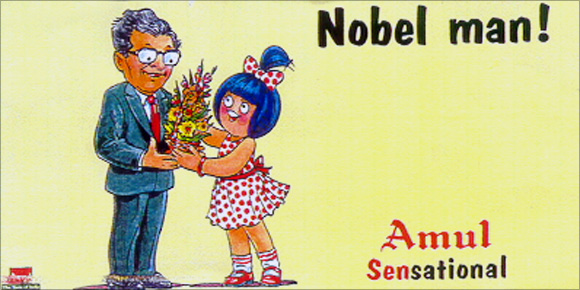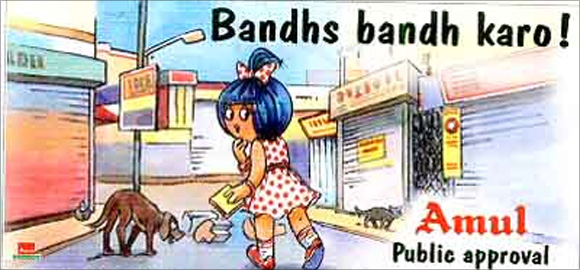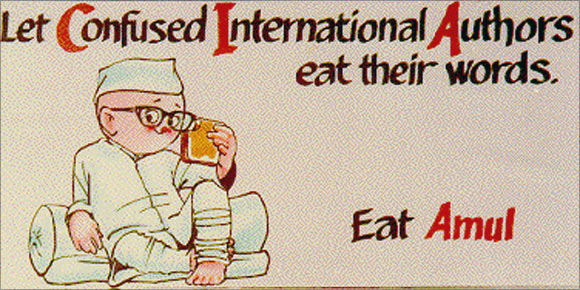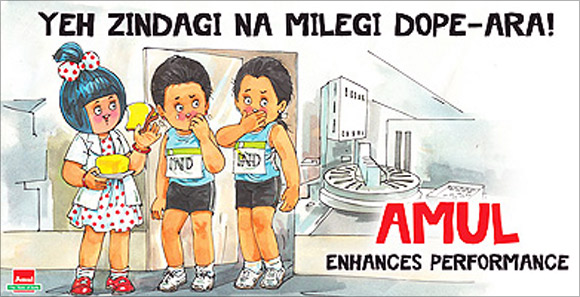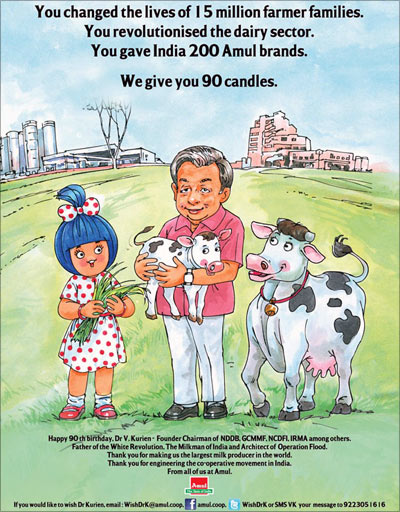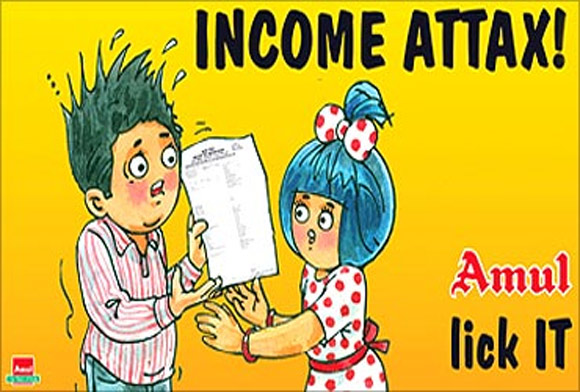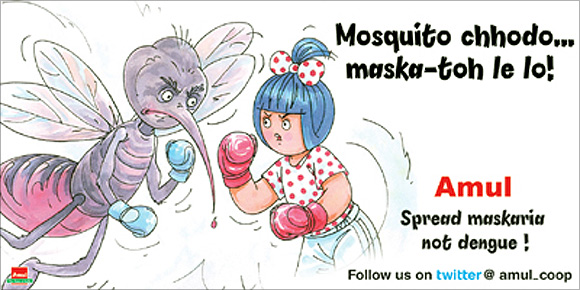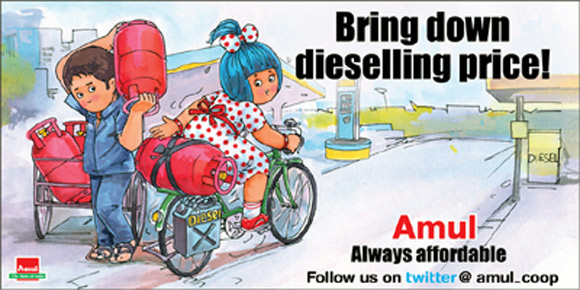 | « Back to article | Print this article |
Amul: A unforgettable 50-year old ad campaign
Inception: Amul butter, the brand, was in the market since 1956 as “Purely the Best”. The “Utterly butterly Amul!” was born in 1966.
Click NEXT to read more…
Amul: A unforgettable 50-year old ad campaign
The Mumbai-based daCunha Communications came up with the branding. Dr V Kurien, who founded Amul and its parent, thought it was utterly mad, but would work and asked the team to go ahead with it.
Click NEXT to read more…
Amul: A unforgettable 50-year old ad campaign
The tagline came first, and then the Amul poppet dressed in a polka-dotted frock and head-bow. Kurien even waived the week-long process of approval of hoardings and gave the team a free-hand to operate without his okay.
Click NEXT to read more…
Amul: A unforgettable 50-year old ad campaign
Then and Now: The look of the brand’s face, the impish poppet, has slightly changed over the years.
Click NEXT to read more…
Amul: A unforgettable 50-year old ad campaign
In the 1960s -1970s, the billboards captured the emergency, hartals, and even heralded the monsoon.
Click NEXT to read more…
Amul: A unforgettable 50-year old ad campaign
In 1980s-mid-1990s, ads covered liberalisation and the shifts in political discourse.
Click NEXT to read more…
Amul: A unforgettable 50-year old ad campaign
In the 1990s, it began to put the politician at the receiving end of its jibes, with a galore of scams.
Click NEXT to read more…
Amul: A unforgettable 50-year old ad campaign
After the turn of the century, we have seen it focusing on Bollywood and sports, apart from the other topics of the given week.
Click NEXT to read more…
Amul: A unforgettable 50-year old ad campaign
Names behind the brand: Dr Verghese Kurien, the father-son duo Sylvester daCunha and Rahul daCunha (led the branding), Nisha daCunha, (influenced the portrayals and contributed to the tagline) and cartoonist Eustace Fernandes (the original visualiser of the Amul girl).
Click NEXT to read more...
Amul: A unforgettable 50-year old ad campaign
Reinvented? Sylvester daCunha says there have been over 4,000 hoardings and this is probably the only campaign in the world with the theme and style unchanged in nearly 50 years.
Click NEXT to read more...
Amul: A unforgettable 50-year old ad campaign
Yet, Amul butter has been able to reinvent itself with every Friday, when a new hoarding goes up at 90 locations across India (and in newspapers and online now). Topicality has been its oxygen.
Click NEXT to read more...
Amul: A unforgettable 50-year old ad campaign
The column, 50&Counting, will chronicle brands which have survived for 50 years and more in India. With short attention spans jeopardising a brand’s life-span today, old brands can hold lessons on survival. We decipher their good times and bad times.
